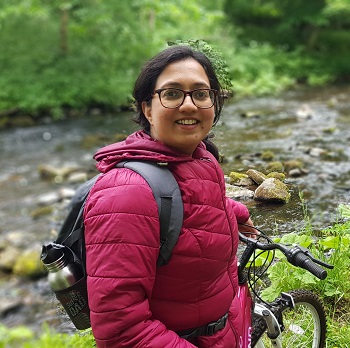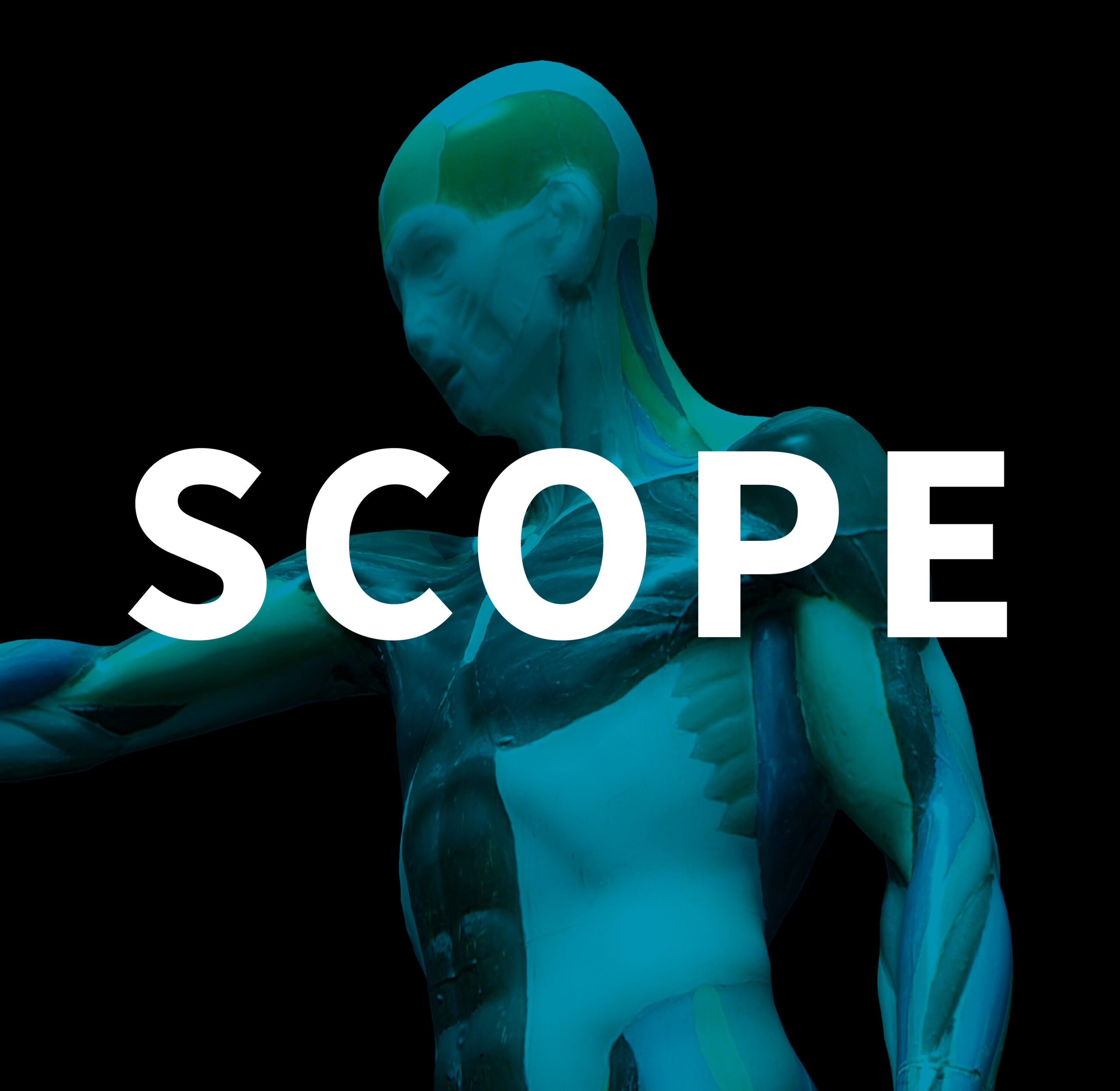 International Women’s Day celebrates women’s achievements, raises awareness against bias and encourages action for equality.
International Women’s Day celebrates women’s achievements, raises awareness against bias and encourages action for equality.
One of the missions of International Women’s Day 2021 is ‘to assist women to be in a position of power to make informed decisions about their health’. With that in mind we are shining a spotlight on some of our inspiring and incredible women colleagues working in areas of women’s health whose research work and clinical practice aims to do just that.
On International Women’s Day we are shining a spotlight on our incredible and inspiring women colleagues working in women’s health.
Dr Ramya Bhatia is a Research Fellow and part of the HPV Research Group who together with the Scottish HPV Reference Laboratory (Department of Laboratory Medicine, RIE) and the Scottish HPV Investigator’s Network (SHINe) aims to undertake research that will help to improve health service provision for the prevention, detection and management of cervical cancer and other HPV related diseases.
Which area of women’s health are you currently researching?
My research is focussed in Human Papillomavirus (HPV) which causes cervical cancer but other ano-genital and oropharyngeal cancers and genital warts in women. My research interests are focussed on understanding HPV infection and how it causes cancers, how to prevent HPV infection with vaccines and how to detect pre-cancers through HPV screening and treat it before it develops into cancers.
Why is this research so important?
There is tremendous need to progress research in this field as one woman dies every minute with cervical cancer globally. Other cancers cause by HPV causes which are also on the rise.
The knowledge and research by the international HPV research group so far has resulted in great progress in the last four decades including introduction of HPV vaccines for girls (and boys) and a change from the traditional cervical cancer screening to testing for HPV which is more sensitive and can detect cancers earlier.
HPV is a virus we can all beat and the WHO have called for everyone to work towards eradicating cervical cancer within the next 100 years. There is still a long way to go to get to that stage and research in this field is crucial.
How can women make informed decisions about their health when it comes to HPV prevention and cervical cancers?
Women have a crucial role in taking control of their health. Cervical cancer has a huge amount of stigma associated with it apart from being a debilitating and painful disease. But there are opportunities to find out more and learn about how HPV infections can be prevented through vaccinations and to prevent cervical cancer through routine screening.
So:
- For all girls offered vaccine, please take the vaccine
- Attend regular cervical screening appointments
- Get treatment and seek advice if screening indicates a risk
- Be aware of your bodies and symptoms and do not ignore your health!
Some resources to make informed choices:
>>Read more about Ramya’s research on her profile page



Leave a Reply